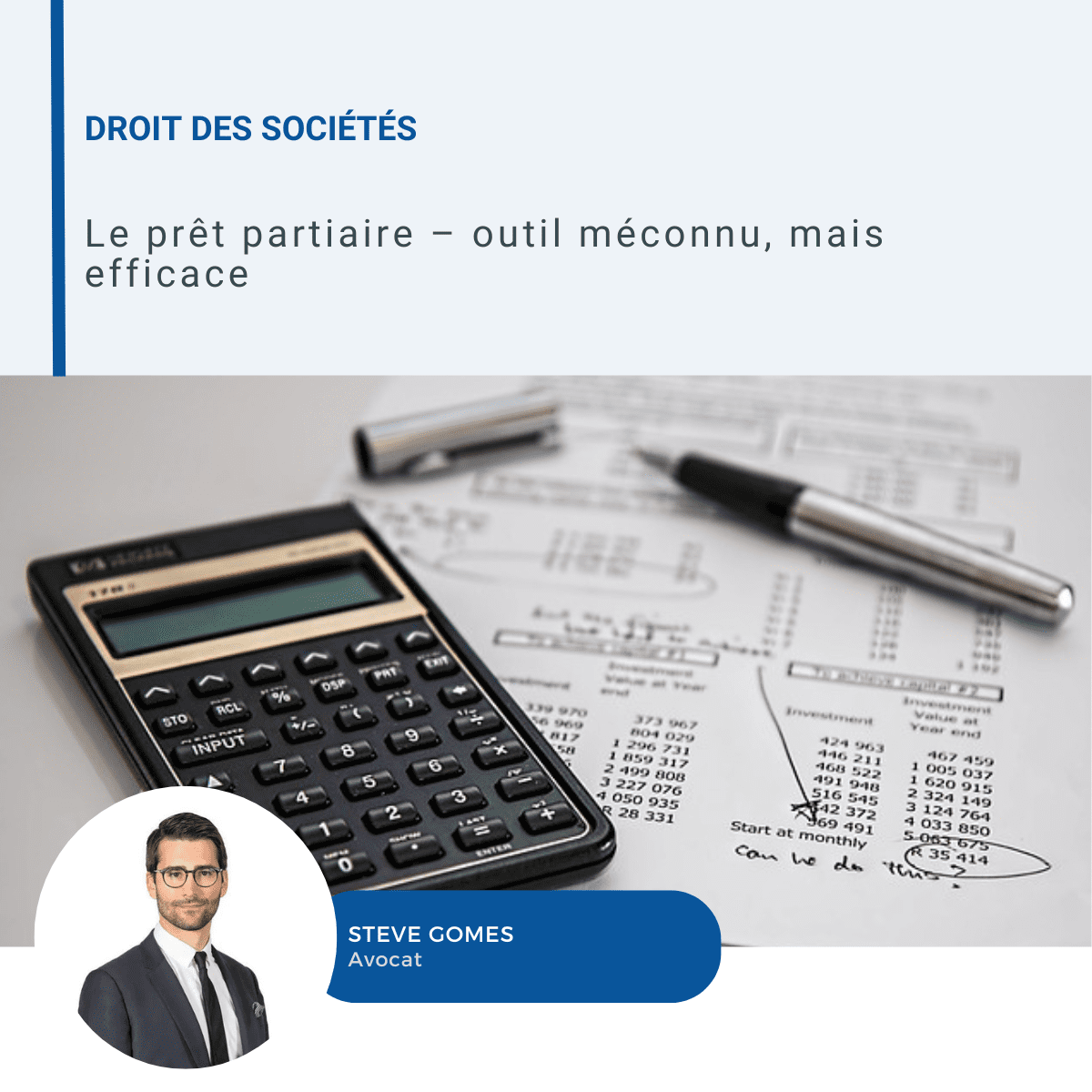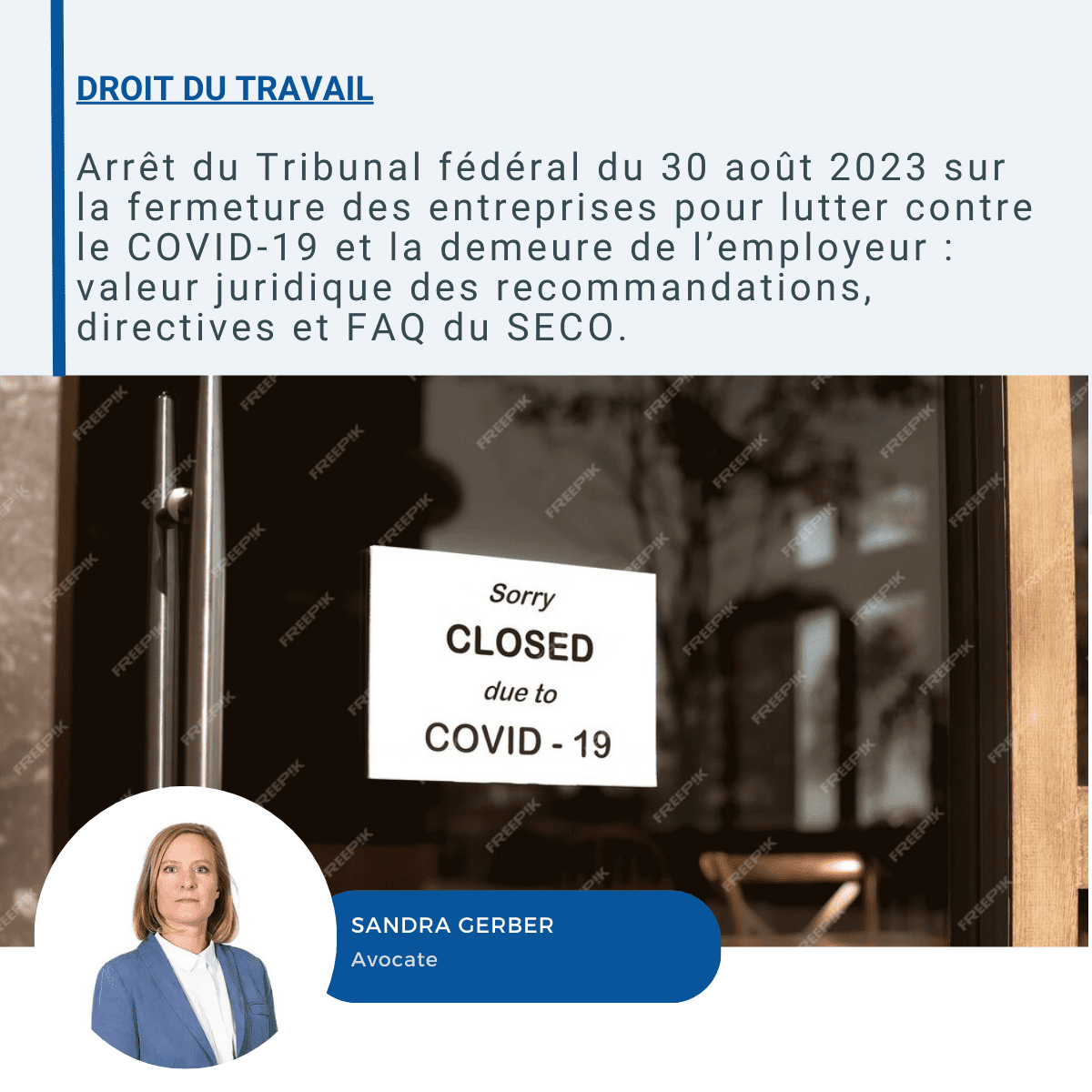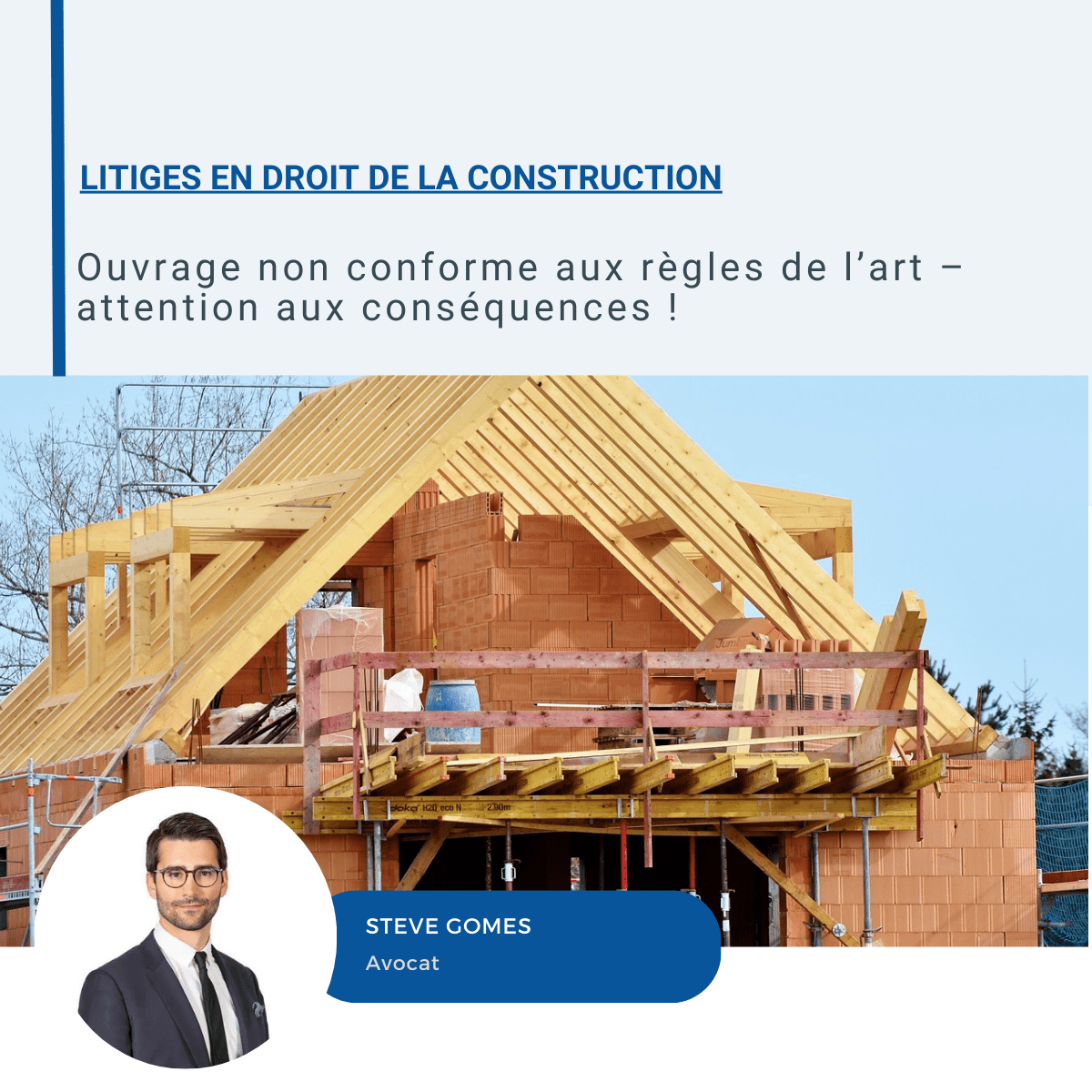Actualités
Nos derniers articles
Wilhelm Gilliéron Avocats SA : votre partenaire en droit des affaires
Choisir Wilhelm Gilliéron Avocats SA, c’est faire le choix d’une étude d’avocats à taille humaine privilégiant un rapport personnalisé étroit avec ses clients en des domaines choisis. Nos avocats déploient exclusivement leurs activités dans les domaines répondant aux besoins des entrepreneurs, tant en conseil qu’en contentieux. Nos domaines de compétence sont regroupés en quatre pôles, avec pour objectif d’apporter à nos clients la compétence, l’imagination et la sécurité juridique dont ils ont besoin pour mener à bien leurs affaires et permettre à leur entreprise de réussir.
Compétences de notre étude d'avocats
Avocats et Conseils
Rencontrons-nous
Vous souhaitez bénéficier d’un soutien juridique dans vos affaires ? L’une de nos actualités vous concerne ? Nos compétences vous intéressent et vous souhaitez en savoir davantage ? Quelle qu’en soit la raison, n’hésitez pas à prendre contact avec nous et nous serons ravis d’examiner ensemble comment nous pouvons vous aider de la meilleure manière qui soit.
Restez informés de nos actualités




